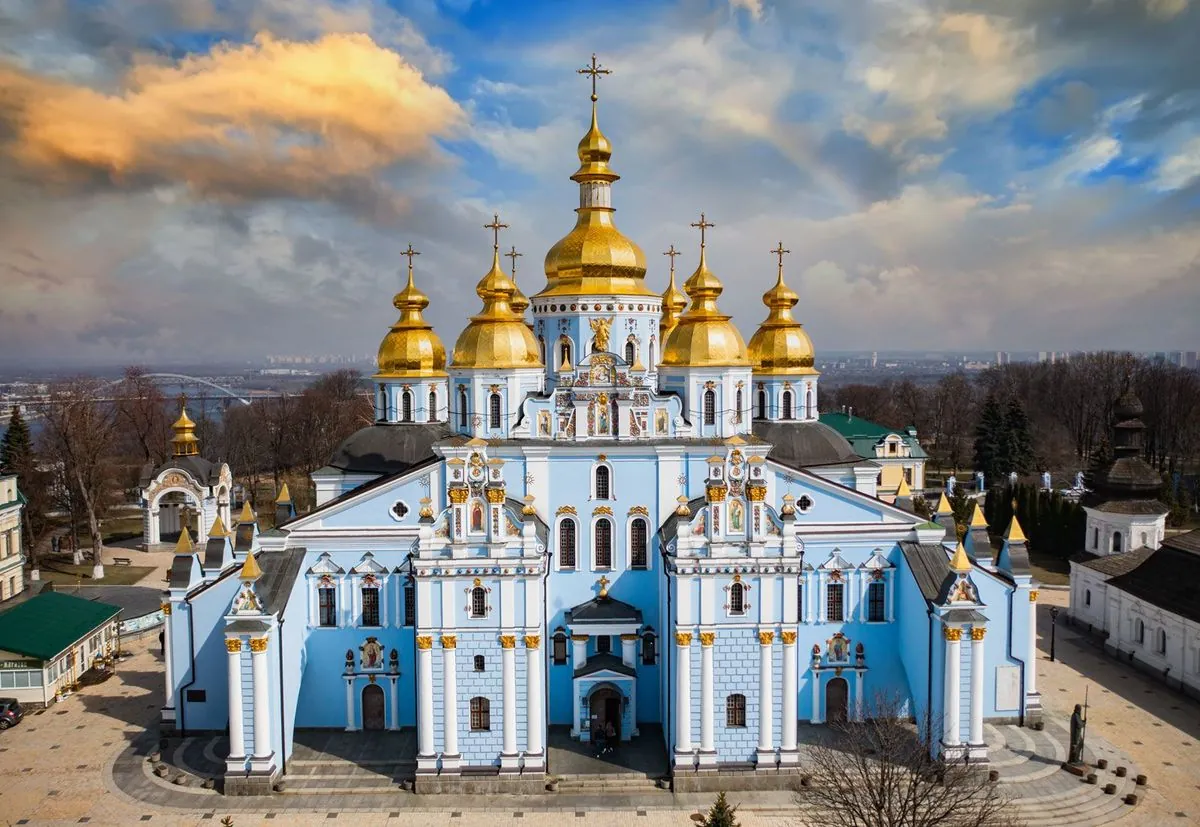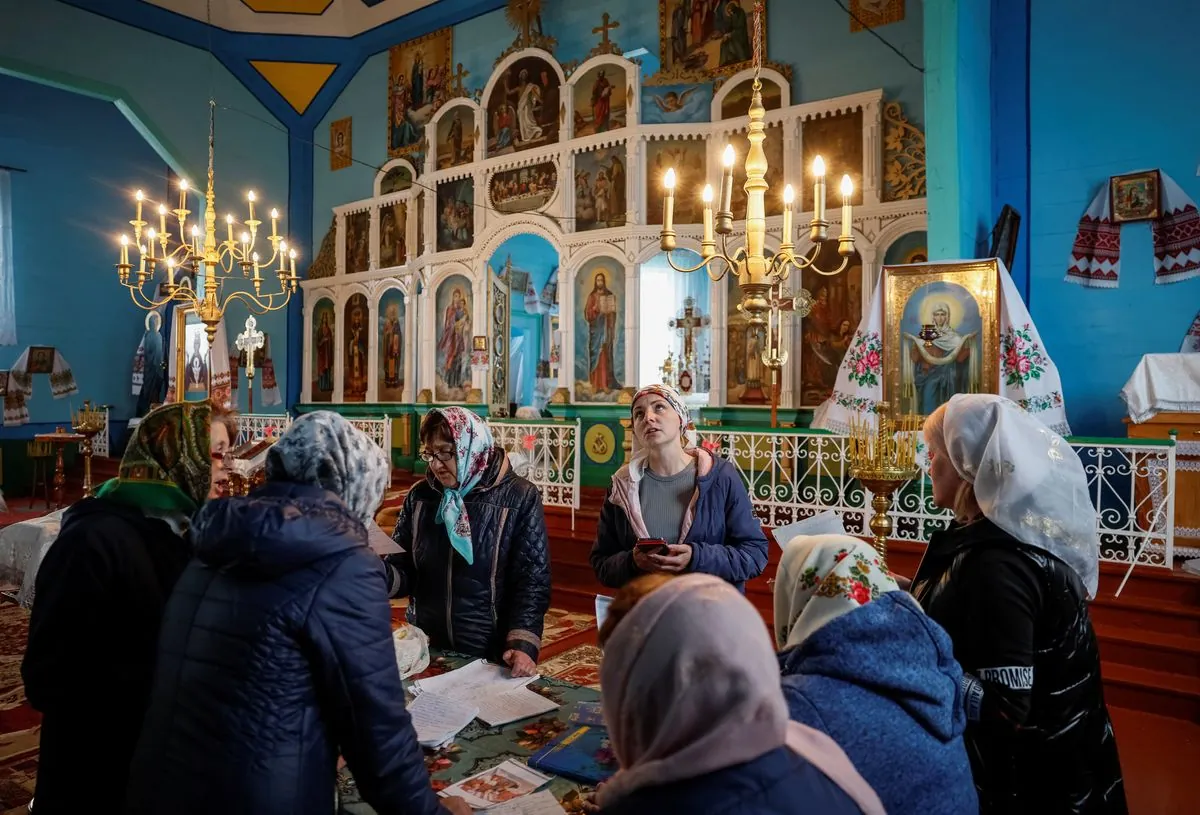Ukraine's New Law Challenges Russian Orthodox Influence
Ukraine enacts legislation banning Russian Orthodox Church and affiliated entities, stirring controversy. The move aims to reduce Moscow's influence but faces complex implementation challenges.

On August 24, 2024, Volodymyr Zelensky, Ukraine's President, enacted legislation prohibiting the Russian Orthodox Church and its affiliated organizations in Ukraine. This action aims to diminish Russia's influence in the country, particularly through religious channels.
The law's implementation faces significant challenges due to the intricate history of Orthodox Christianity in Ukraine. The region's religious landscape has been shaped by centuries of political and ecclesiastical changes, dating back to the 10th century when Kyiv was the center of Eastern Slavic Christianity.

The Ukrainian Orthodox Church (UOC), nominally independent but still connected to Moscow, finds itself in a precarious position. In May 2022, the UOC publicly denounced Russia's invasion and attempted to distance itself from Moscow. However, the extent of these changes remains unclear, and the church has not formally severed ties with the Russian Orthodox Church.
"We have cleansed our charter of mentions of the Russian Orthodox Church and dropped 'Moscow Patriarchate' from our official name."
The new law's implementation will be overseen by a government-appointed expert commission, tasked with determining the degree of affiliation between religious entities and Moscow. This process is expected to be complex, given the deep-rooted connections between the Russian Orthodox Church and the Russian state.
Ukraine's Orthodox population is the third-largest globally, after Russia and Ethiopia. The country's religious landscape also includes the Ukrainian Greek Catholic Church, which has over 4 million followers and is in full communion with Rome.
The Russian Orthodox Church's alignment with Vladimir Putin's regime has further complicated the situation. The church has become increasingly supportive of Russia's militaristic and imperial ambitions, with Patriarch Kirill introducing a mandatory prayer that echoes Putin's rhetoric.
This alignment has led to consequences for dissenting priests within Russia. For instance, Archpriest Alexey Uminsky faced defrocking and public shaming for not explicitly supporting the new wartime church doctrine.
The situation reflects the historical pattern of the Russian Orthodox Church adapting to powerful state regimes. During the Soviet era, the church allowed KGB infiltration of both laity and clergy. Today, the close relationship between Patriarch Kirill and Putin may have far-reaching consequences for the church in Russia and worldwide.
The new Ukrainian law puts UOC parishes in a difficult position, potentially facing dissolution by the Ukrainian state or being declared schismatic by Moscow. This situation is reminiscent of historical religious schisms that lasted centuries, such as the Old Believers' split from the Russian Orthodox Church in the 17th century.
As Ukraine continues to assert its independence, the country faces the challenge of balancing religious freedom with national security concerns. The implementation of this law will be closely watched by international religious freedom watchdogs and may have implications for Ukraine's relationships with other countries and international organizations.


































